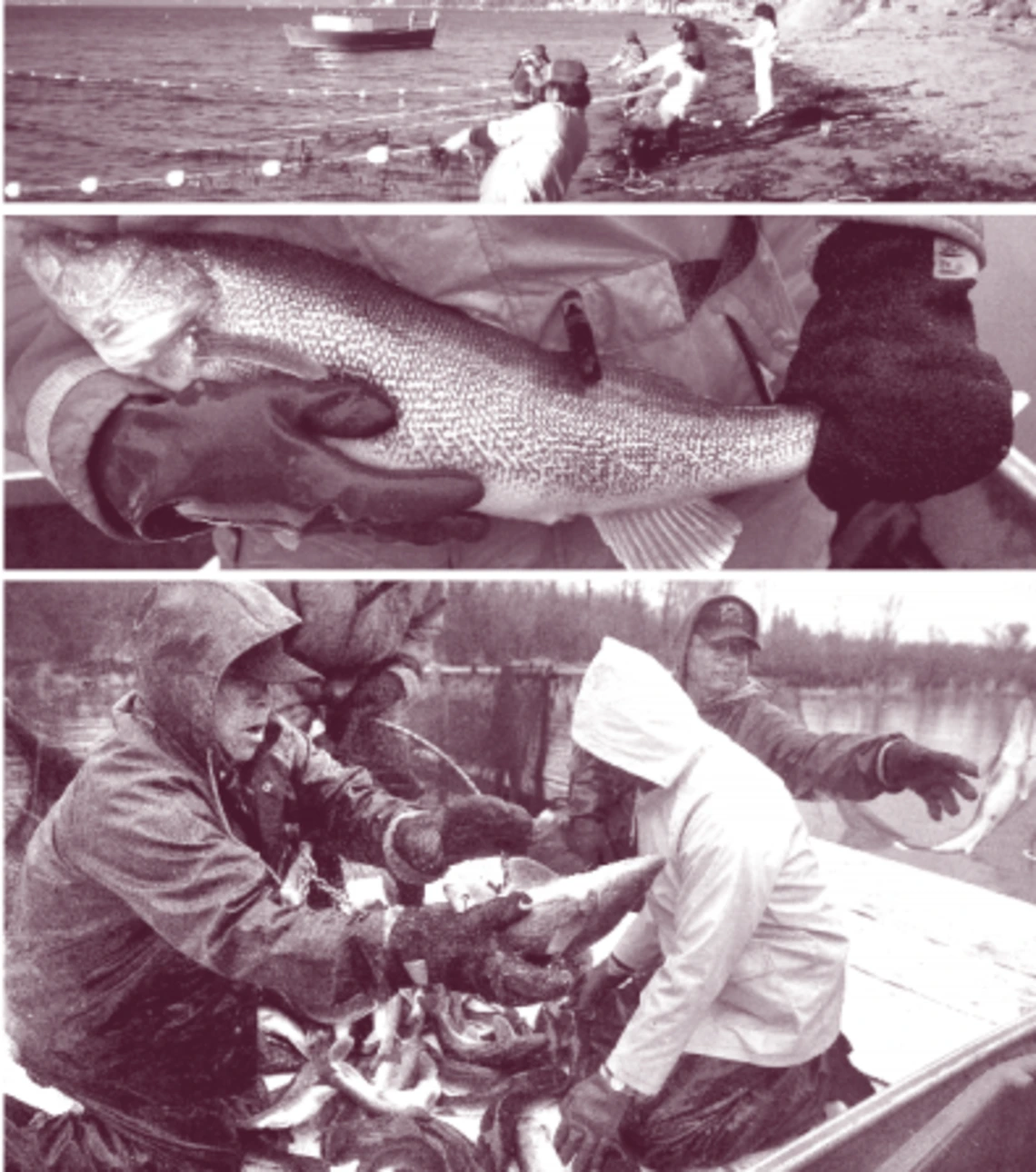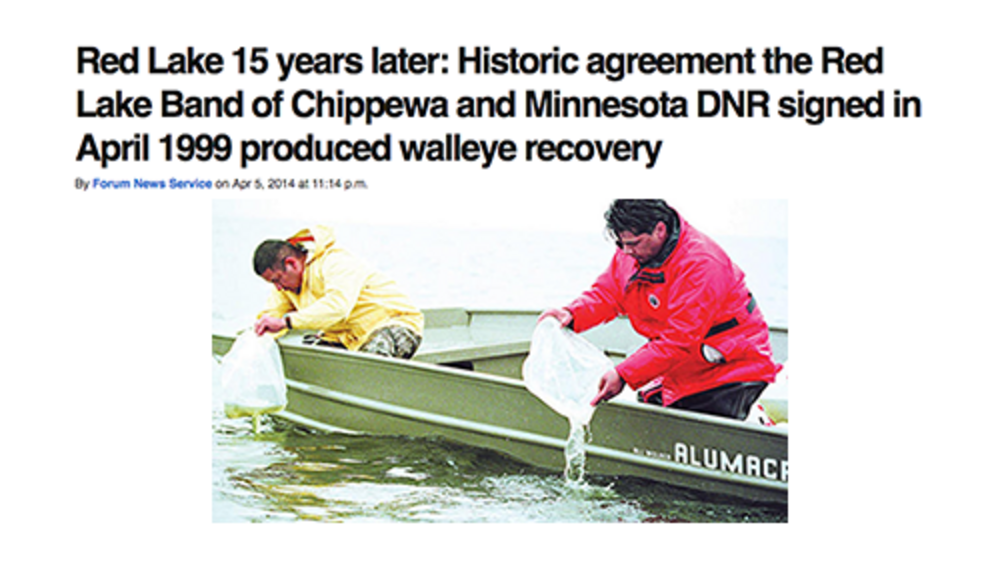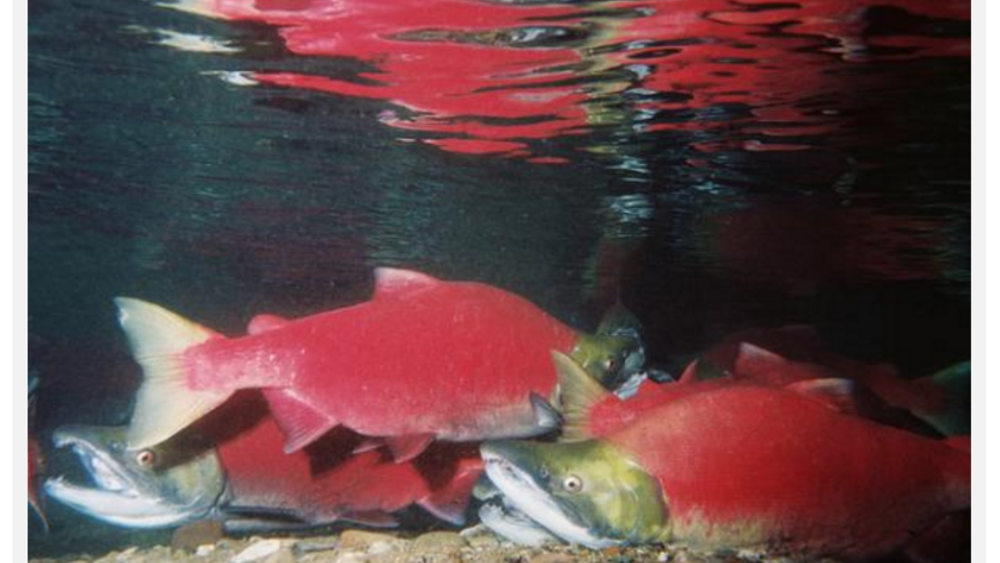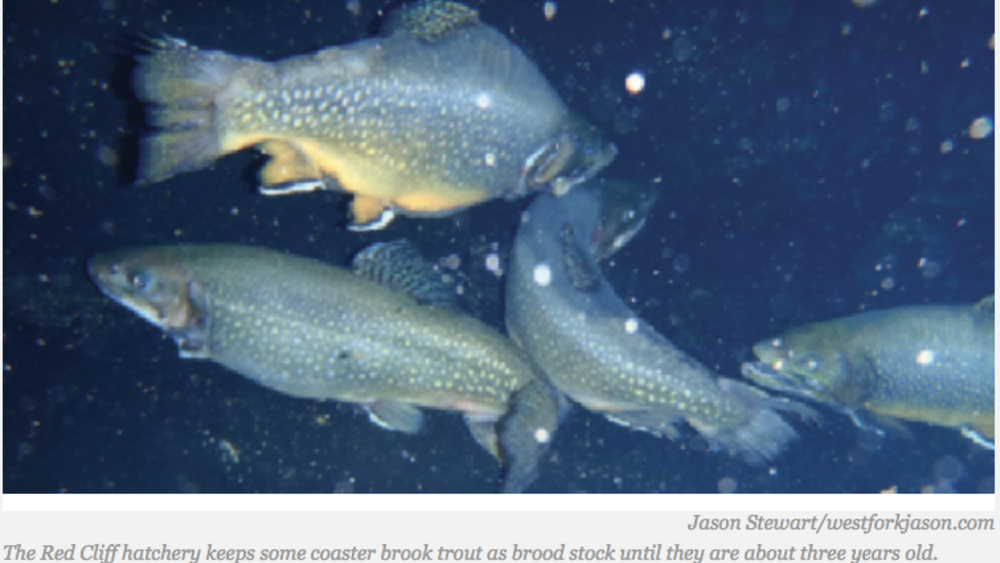This paper offers an overview of the current state of Indigenous-led fisheries management in the United States and Canada. It summarizes major trends in Indigenous-led fisheries innovation in North America and presents common keys and challenges to the success of these efforts. It chronicles three cases that demonstrate the ingenuity, resourcefulness, and tenacity of Native nations in exerting substantive management authority over the fisheries on which they have long depended.
While re-establishing and protecting Native nations’ rights to manage fisheries is critical, the question of what Native nations do with those rights, once regained, is also important.This paper suggests that internal institutional factors often play a critical role in Native nations’ efforts to develop, implement, and monitor innovations that advance their vision for sustainable fisheries. Finally, it provides other Indigenous peoples (in North America, New Zealand, Australia, and elsewhere) food for thought as they work to increase decision-making authority over fisheries, develop and sustain fish resources, and ensure the economic, physical, and cultural benefits of those resources.
Additional Information
Record, Ian. "We Are the Stewards: Indigenous-Led Fisheries Innovation in North America." Joint Occasional Papers on Native Affairs No. 2008-01. The Harvard Project on American Indian Economic Development, Native Nations Institute for Leadership, Management, and Policy, The University of Arizona. Tucson, Arizona. 2008. JOPNA.




